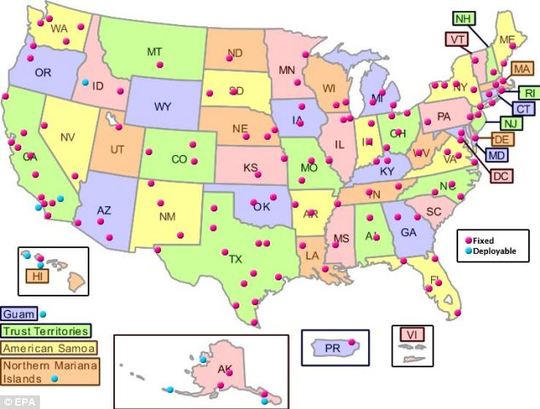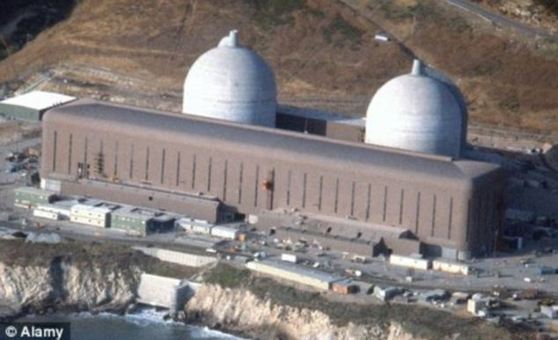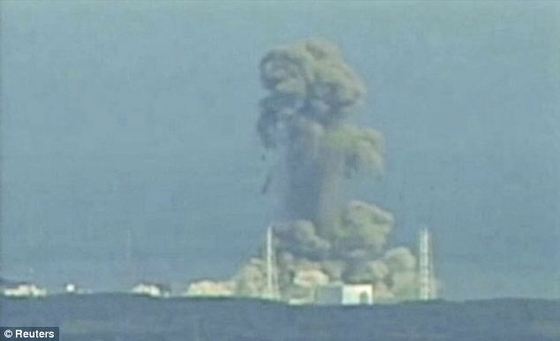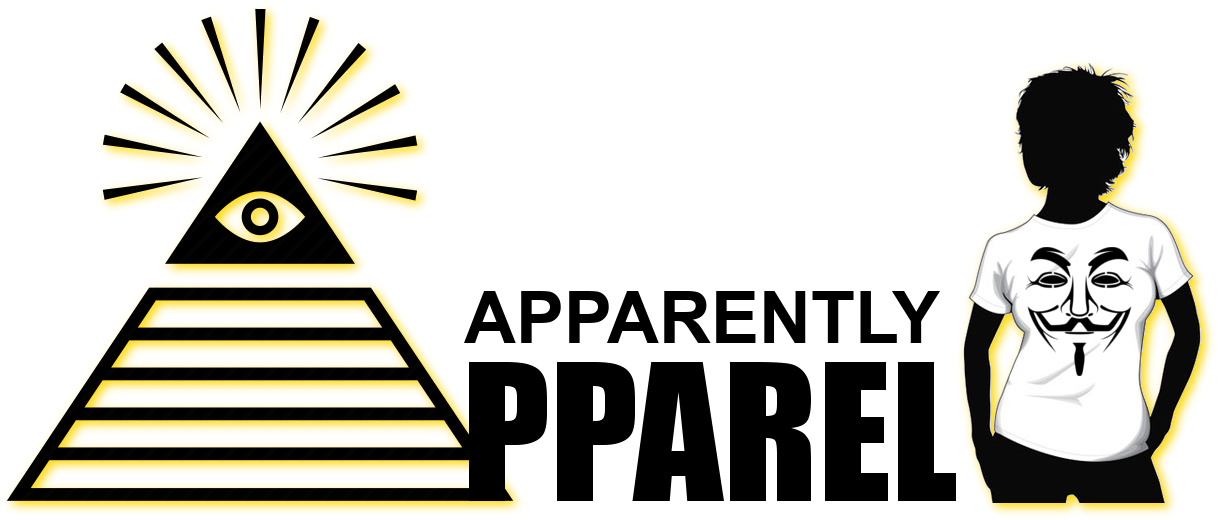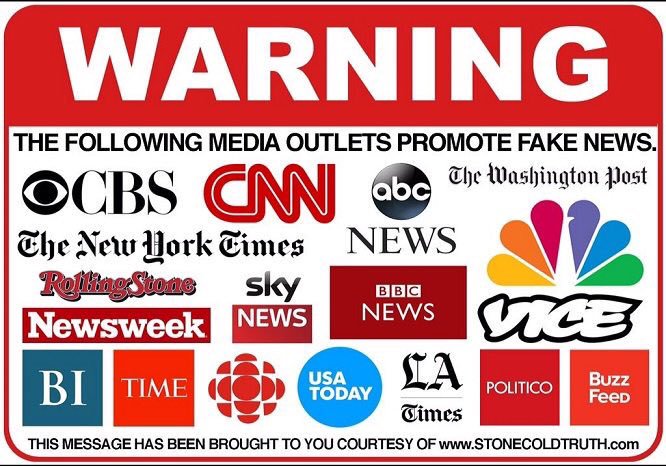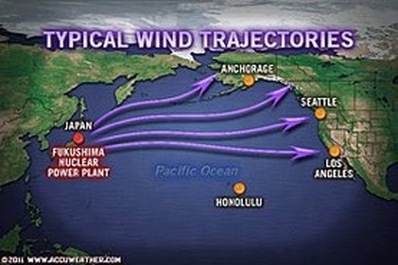
There is no current threat to public safety, said Progress Energy spokesman Drew Elliot. Monitors at Progress Energy's nuclear plants in Hartsville, South Carolina, and Crystal River, Florida, picked up low levels of radioactive iodine-131. So did Duke Energy's monitors at its two nuclear facilities in South Carolina and the plant in Huntersville, North Carolina. Mr Elliot said: 'If there were radiation coming from one our own sites, we would be seeing other types of radiation than iodine-131. 'Other nuclear stations throughout the East Coast all started picking this up within the last week. It all points to something coming from overseas. 'The Nuclear Regulatory Commission and the Environmental Protection Agency both say it poses no threat to public safety.' Trace amounts of radioactive iodine have also turned up in rainwater samples in Massachusetts, California, Pennsylvania and Washington state. Public health officials said it posed no threat to drinking supplies. Air samples from the same location in Massachusetts have shown no detectable radiation. The news came as flaws in the US government’s radiation alert network have left a stretch of coastline between Los Angeles and San Francisco without a key real-time warning system in the event of a nuclear emergency. A time lag of between 30 minutes and several hours could leave West Coast residents at risk from deadly radiation. Six of the Environmental Protection Agency’s 12 California sensors are sending data with ‘anomalies’ to the laboratory in Montgomery, Alabama, that tests radiation levels, said Mike Bandrowski, manager of the EPA’s radiation programme. The problem is some of the suspect information arriving at the lab via satellite has to be manually reviewed, a process that can take up to several hours. The delay in updating a database to trigger the alarm could mean it could sound too late to give anyone any time to react to the potential danger, environmentalists said. Rainwater samples were collected from more than 100 sites around the country as part of the U.S. Environmental Protection Agency's Radiation Network monitoring system. 'The drinking water supply in Massachusetts is unaffected by this short-term, slight elevation in radiation,' said Massachusetts Public Health Commissioner John Auerbach. 'We will carefully monitor the drinking water as we exercise an abundance of caution,' he said. Energy and Environmental Affairs Secretary Richard K. Sullivan Jr. directed the Department of Environmental Protection to collect additional samples for testing from several water bodies across Massachusetts. Results will be available over the next several days. At concentrations found, the radioiodine-131 would likely become undetectable in a 'relative short time,' according to a statement issued by agency. Trace amounts of radiation believed to have originated from damaged Fukushima Daiichi reactors in the aftermath of Japan's devastating 9.0 earthquake on March 11 have also been detected in air samples in several western U.S. states, but at levels so small they posed no risk to human health.
In Japan, mounting problems, including miscalculated radiation figures and inadequate storage tanks for huge amounts of contaminated water, stymied emergency workers Sunday as they struggled to bring the country's nuclear complex back from the edge of disaster. Workers were trying to remove radioactive water from the nuclear compound and restart the regular cooling systems for the dangerously hot fuel. UPDATE at 2:09 PM PST via CNN: http://www.cnn.com/2011/HEALTH/03/28/radiation.us/index.html?section=cnn_latest Much Love to One Another! Originally Posted By Zach Royer | 12:11 PM PST | March 28th 2011
0 Comments
Your comment will be posted after it is approved.
Leave a Reply. |
News Watch
Mind-opening news articles, editorials, videos & apparel that inspire our readers and help liberate them from the status quo. Stay informed.
Write For UsSpace WatchTop NewsNews Watch Categories
All
|
|
|
HAVE A TIP OR STORY TO TELL? JOIN TODAY & SHARE YOUR STORY!
If you have a breaking news tip or idea, please email: [email protected] Apparently Apparel® is a registered trade name and part of the ZOAT International® brands network. © 2007-2023. All Rights Reserved. Privacy Policy. All art & news content posted on this site is commentary or opinion and is protected under Free Speech. ApparentlyApparel.com is not responsible for content written by contributing artists, authors or news feeds. The information on this site is provided for educational and entertainment purposes only. It is not intended as a substitute for professional advice of any kind. ApparentlyApparel.com assumes no responsibility for the use or misuse of this material.
|
|

